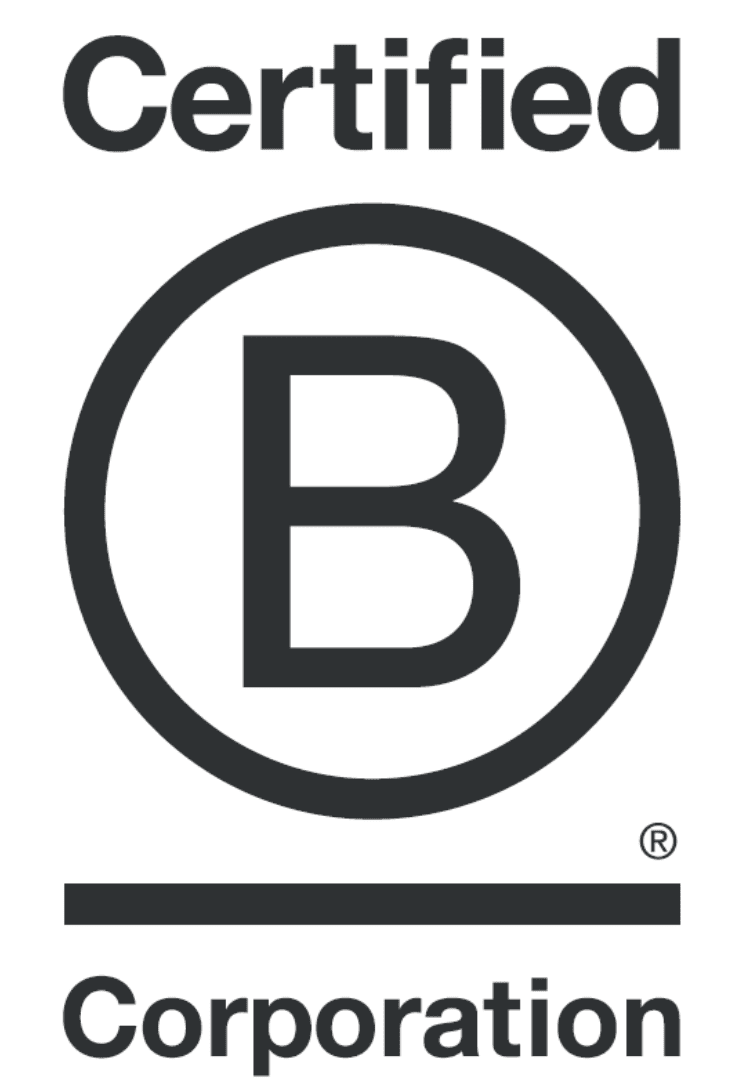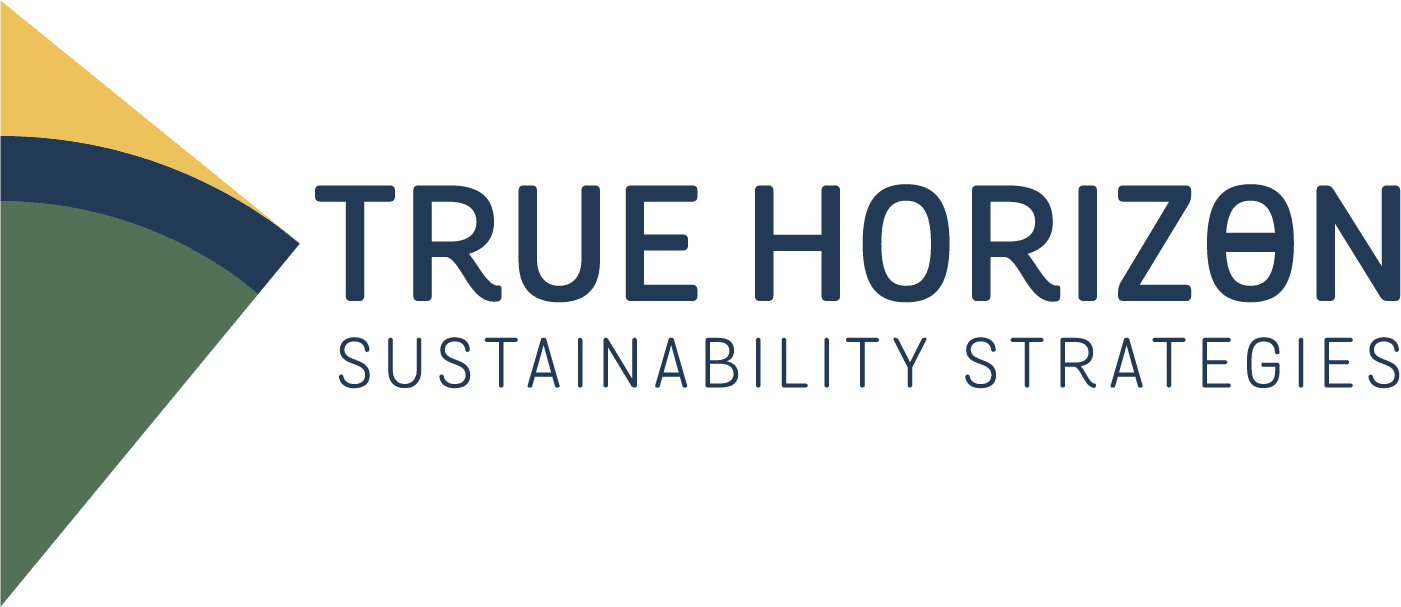
The pros and cons of B Corp status
To B or not to B…that is the question.
B Corp status is an attractive goal for purpose-led businesses. The certification empowers you to balance purpose with profit, proving that you adhere to high standards of social, environmental, and ethical performance.
If you want to build a business with a mission that goes beyond making a profit, B Corp certification might be for you.
‘Might’ is the key word here. Becoming a B Corp is no mean feat; there’s a rigorous application process and participating organisations are held to strict practices and policies.
What’s more, you can still be a mission-driven and transparent organisation without B Corp certification.
Let’s explore the pros and cons of B Corp to determine if it’s for your business.
PROS
- A clear framework to help you improve your business and hold you accountable. B Corp status is a continuous process that you and your business commit to. The B Corp framework ensures you meet performance requirements and make measurable and demonstrable progress, year on year.
- A genuine community of like-minded businesses to connect and collaborate with. The UK B Corp community is growing faster than ever. As of August 2024 according to the B Corp website, there are now over 2,000 B Corps in the UK with over 125,,000 employees. You won’t be short of advice, camaraderie, and support from fellow leaders who want to use their business as a force for good.
- External validation of all that you’ve achieved in making your business better for people and the planet. There’s something deeply satisfying about meeting a gold standard for social and environmental performance. It removes the guesswork and gives you the proof and encouragement you need to make a real difference.
CONS
- It’s a time, resource, and financial commitment. B Corp status isn’t a ‘once and done’ exercise like winning an award or completing a training programme. It’s an ongoing commitment and a formal pledge to continuously improve your environmental and social performance, year after year. If you’re wholeheartedly ready to commit to being a purpose-led business, by all means go ahead with the application process. But if you think accountability, transparency, and ethics are attractive PR buzzwords that look impressive on social media, you’ll want to think twice before applying.
- Big changes are coming in 2026, which will impact requirements. B Corp is currently re-examining the criteria of achieving and keeping certification. The proposal outlines some prerequisite core topics that will become a minimum for all certifying and re-certifying B Corps. These include how businesses address topics like risk management, underlying purpose, stakeholder governance, fair wages, worker engagement, diversity and inclusion, human rights, climate action, environmental stewardship, and collective action. You can find out more about the new evolving requirements that are being proposed and will likely come into play in 2026 here.
- You may not always agree with the approach or decisions made by B Lab (the non-profit behind the B Corp movement). Be prepared to have differing views about what constitutes a transparent, ethical business. B Lab has its own framework for social and environmental performance, but remember that this isn’t necessarily an all-encompassing definition of what it means to be a purpose-led organisation. If something feels misaligned, don’t try to force your business into something that it’s not. There are plenty of other ways to be a force for good!
Need a better understanding of your sustainability strategy before going for B Corp certification?
Then let’s chat, because the Sustainability Roadmap program with True Horizon may be for you.
This is a six-month collaborative partnership to help build a strategy and roadmap tailored to your organisation’s needs, goals and values. Make sure you’re investing time and resource in the right places to maximise your social and environmental impact.
